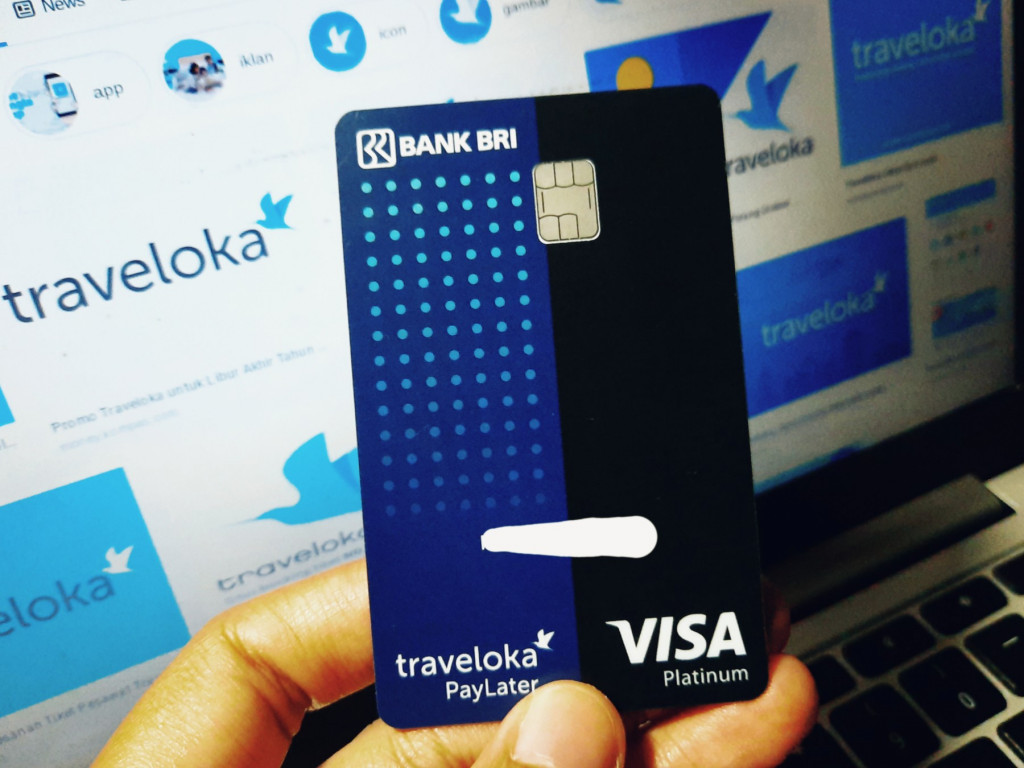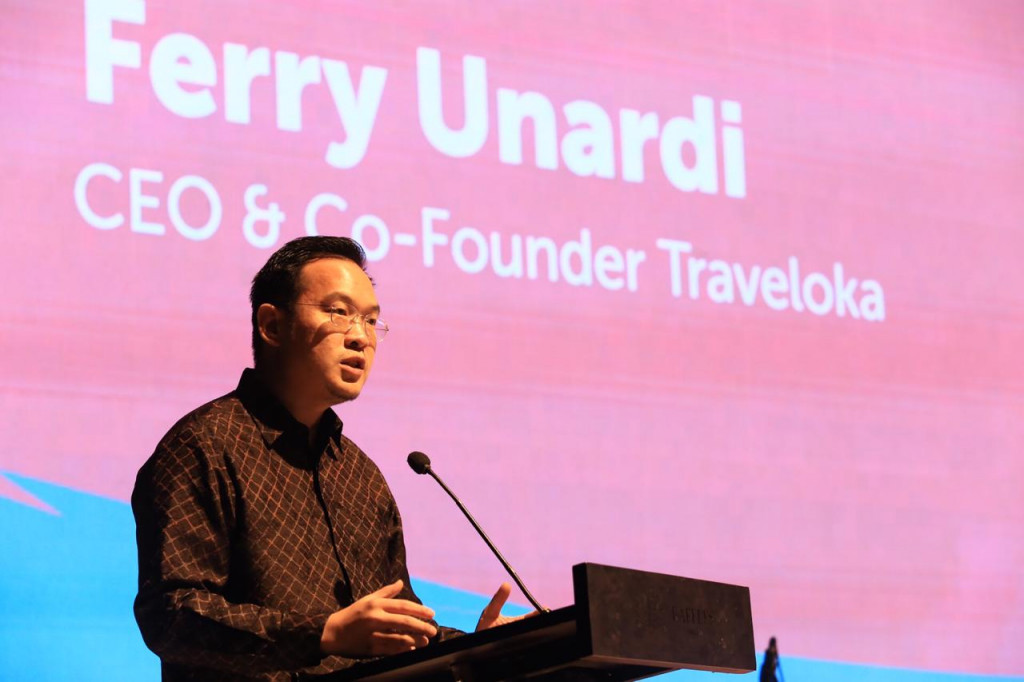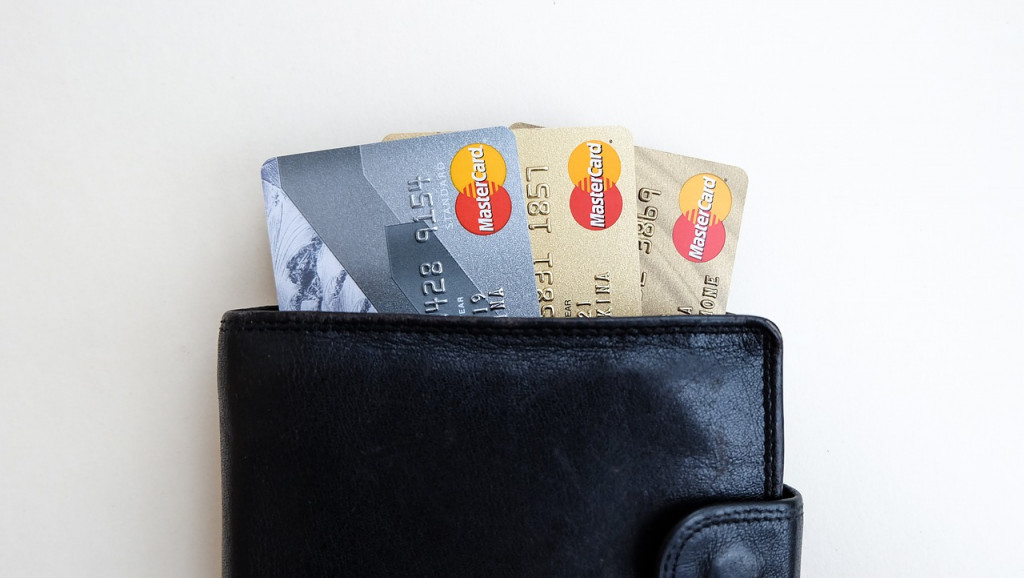Analyzing Traveloka's Potential as a Fintech Company
Traveloka predicts the fintech business will be worth $1 billion this year
As a well-known unicorn in OTA vertical, Traveloka has now available in seven countries. The service is not only focus in accommodation and transportation. The company business has reached lifestyle and financial segment.
The last-mentioned sector is said to be the main umbrella on all transactions in Traveloka. Traveloka now provides more than 40 payment options, online or offline, including paylater service and insurance products.
The urge to travel, according to some research, has become part of the so-called millennials lifestyle. There are many supporting factors, including the improvement of road infrastructure and internet network, regional and central government's encouragement to increase economic potential from the tourism sector, also transportation vehicles and various accommodations.
In other words, combining tourism with a big ticket size and financial needs become the key to provide the "buy now, pay later" service.
Since the establishment in June 2018 to date, Traveloka never reveals the PayLater service achievement, in terms of numbers of distribution, customers, and the bad credit.
However, we can get the picture from PT Pasar Dana Pinjaman (Danamas) as the first partner. Danamas, under the Sinar Mas Group becomes one of the first p2p lending to obtain license from OJK since 2017.
In an earlier interview with DailySocial, Danamas President Director Dani Lihardja revealed in the first year, the total distribution of Danamas through the cumulative figure of Rp1.4 trillion. The biggest contribution came from Traveloka in the amount of Rp1 trillion and the rest was commercial distribution to credit traders.
However, PayLater's contribution has increasingly decreased by Danamas. In fact, he said it was minimal, although the exact numbers were not mentioned. This condition occurs due to many factors. First, Traveloka PayLater's target users are mostly non-formal workers, not in line with the vision and mission of the company that targeting the informal and productive segments. As a result, Danamas cannot expand customers for more productive loan needs.
"Traveloka PayLater users are educated customers and the informal sector is not working here because most of them are white-collar. Therefore, this is quite different from our vision and mission to raise the unserved so that they are served, "he said.
Second, the funding source partners for Traveloka PayLater continue to grow. Besides Danamas, there are now Caturnusa, BRI and BNI. Nevertheless, Dani will not stop the cooperation agreement with Traveloka. "From the beginning we were not exclusive, we were willing because the ecosystem is the same as us. Borrowers don't accept money, if the ecosystem is different, then we don't want to."
A good proposition
As a brand, Traveloka PayLater has a strong presence. Also, product diversification and broad function of funds attract lots of parties for cooperation.
In terms of function, Traveloka PayLater loan limits can now be used to pay for all transactions in the application, also in offline outlets thanks to the realization of cooperation with BRI in the physical form. All transactions through the card will be recorded in the application, there's even a feature for paying bills.

Previously, in October 2019, BRI reportedly explore the potential to invest in Traveloka. Until the news was revealed, no decision had been announced to the public.
After BRI, other state-owned banks have followed to have cooperation with Traveloka, targeting Traveloka PayLater specifically. BNI, as a new source of funds and Bank Mandiri for credit card co-brands without any attachment of the PayLater brand.
The offered facilities are the opportunity to collect more loyalty points from transactions at Traveloka, daily discounts, and other offers from Bank Mandiri merchants. This is Traveloka's first co-brand with banks to release credit cards.
Traveloka PayLater as a potential unicorn
Traveloka Group President Henry Hendrawan, in an interview with Reuters at the end of 2019, stated, "Financial services as a whole started from almost zero in early last year and we hope that it will easily become a $1 billion business next year."
DailySocial tried to elaborate further on Hendrawan's statement, but Traveloka's representatives refused to answer it.
Hendrawan's statement indicated high optimism in his fintech business, there was even news that the company was raising special funding for this product line. It is not impossible, with a unique proposition that can make Traveloka's fintech business (read: Caturnusa) bears the status of a unicorn, following its parent entity.

See on how Ovo has become the 5th unicorn, it doesn't mean Traveloka couldn't catch up.
Quoting from the 2019 Fintech Report, Traveloka occupies the fourth position as the most widely used paylater. The top positions in order occupied by Ovo, Gojek, Shopee. Looking at the awareness, Traveloka occupies the third position, the top position is occupied by Ovo and Gojek.
According to DailySocial observation, on the terms and conditions page, it is explained that the borrowers from Traveloka PayLater are PT Caturnusa Sejahtera Finance and Danamas.
Caturnusa is a rebrand of a finance company that was previously named PT Malacca Trust Finance. They are owned by PT Batavia Prosperindo Finance Tbk before being sold to PT Hermes Global Ventures PTE, LTD in September 2018.
Batavia sold 25 thousand shares to Hermes Global at a nominal value of Rp1 million per share. The transaction value reached IDR27.75 billion. The Indonesian Financial Services Association (APPI) Suwandi Wiratno confirmed that Hermes Global is a sister company of Traveloka.
"Traveloka has opened a multi-finance company, its name is Caturnusa. He bought it from Malacca Trust. In writing, PT Hermes Global Ventures, PTE LTD., Sister company of Traveloka," he said as quoted by Bisnis.com, (1/28/2019).
With the new name, Caturnusa operates in the same area as the Traveloka headquarters.
Becoming financial company
Caturnusa, with its core business as a finance company, facilitates Traveloka's movement to find sources of funds as it should've come from institutions. When using license as a lending company, there are limitations in finding sources of loans, which come from individual borrowers.
We can't obtain any information of all the sources collected by Caturnusa. It does not violate the rules because there is no obligation to publish it unless it is a public company.
The Caturnusa business domain as a lender for Traveloka products also does not violate the rules. In POJK 35 of 2018, OJK explained that finance companies are given the freedom to add variations in financing products, namely multifinance.
Multifinance is the type of financing of goods and/or services required by the debtor for consumption and not for the purposes of business or productive activities within the agreed period.
In this financing, the FSA requires that it must be done by way of finance leases, purchases with installment payments, fund facilities, and/or other financing agreed by the FSA.
In addition to multifinance, in general, finance companies also have other product domains, namely working capital, investment, and other financing activities based on OJK approval.
Finance companies can have many sources of funds besides banks. There are other options, such as channeling, joint financing, issuing debt from MTN (medium-term notes), bonds, syndication on / offshore, to IPO.
Because Traveloka PayLater already has a business model, Caturnusa doesn't have to bother looking for business models that conventional financing companies do. All business processes are done online. Another story, if there is a change in business strategy for product diversification.
Playing in the online business should not be a new field for finance companies. Akulaku can be the closest example in illustrating the potential of a finance company that brings a digital approach to its business processes.
The company has three licenses, the p2p lending (Asetku), e-commerce (Akulaku Silvrr and Akugrosir), and financing (Akulaku Finance). In fact, Akulaku has also become one of the shareholders in Bank Yudha Bhakti.
As we can see, Akulaku diversified access for its funding to be channeled back through a series of loan products. Not only consumer-based loans, Akulaku said that they currently receive loans for cars and working capital that are more productive.
In terms of industry, OJK sees the incumbent players have begun to implement. Head of OJK 2B IKNB Supervision Department Bambang W. Budiawan sees that from 57 listed companies, it started to show positive progress that leads to digital. Also, given the digital transformation requires a minimum cost and standard.
"Gradually [its development]. It doesn't matter, if there is a large amount of capital, but when it's on-budget, it will be gradual because this will need costs and has [to meet] minimum standards," Bambang explained to DailySocial.
According to him, fintech lending and financing have different consumer segments, although there are several products that overlap. Having a finance company is not easy because there are many requirements that must be obeyed, including having to be able to maintain the gearing ratio, which is the ratio between the number of loans compared to own capital. The company must also have large capital with a minimum equity of Rp100 billion.
–Original article is in Indonesian, translated by Kristin Siagian
Sign up for our
newsletter


